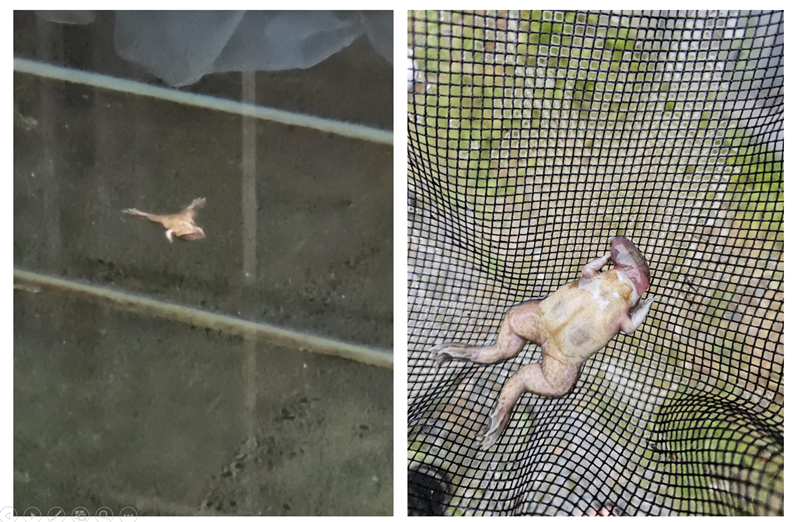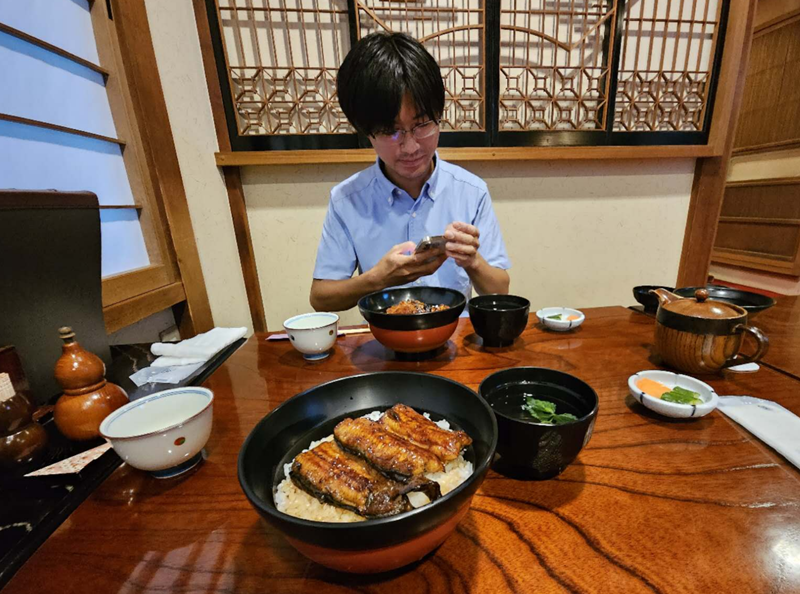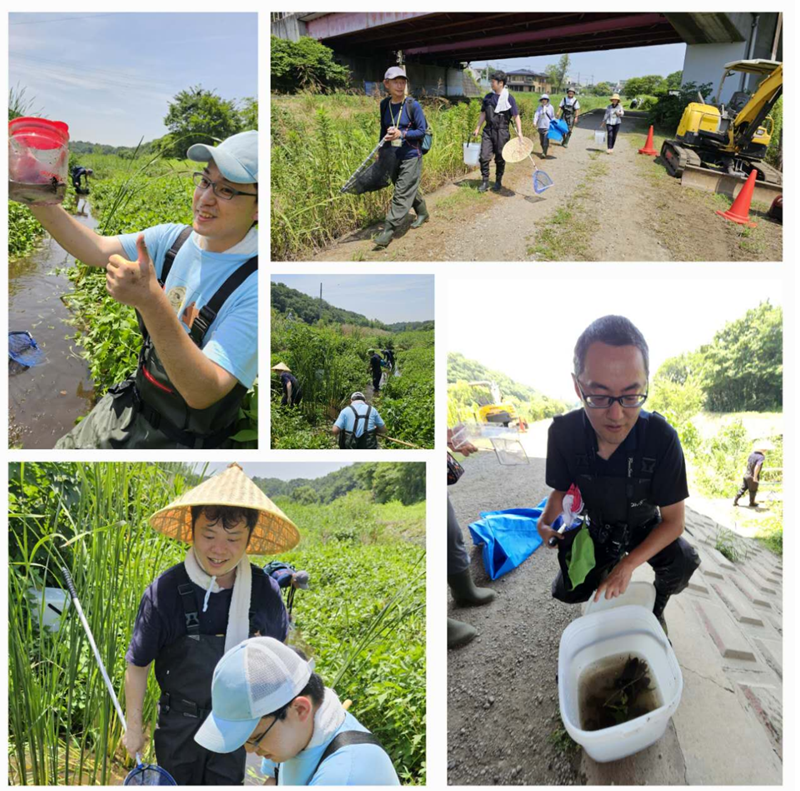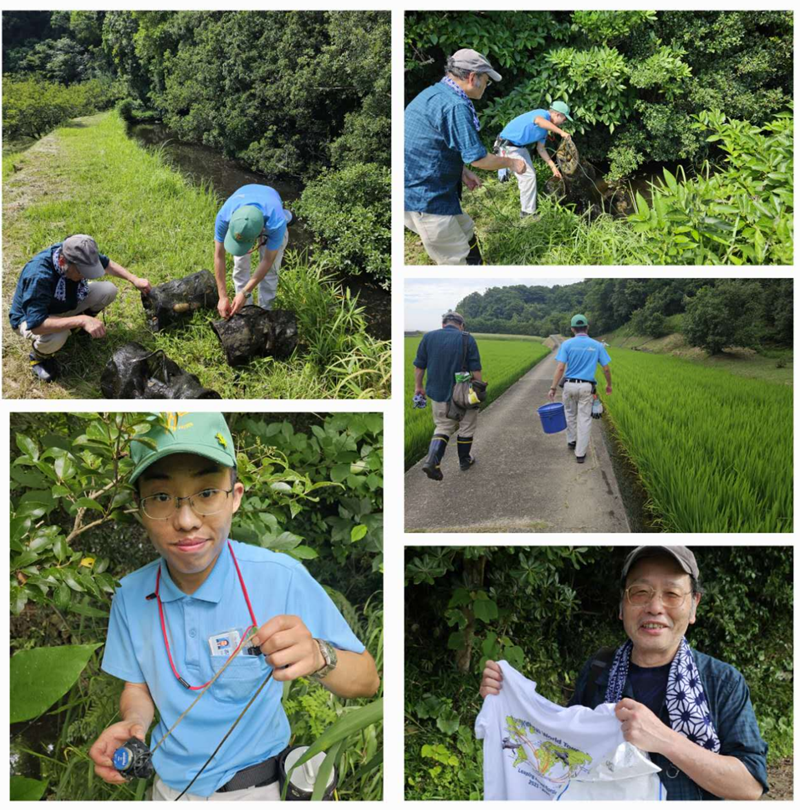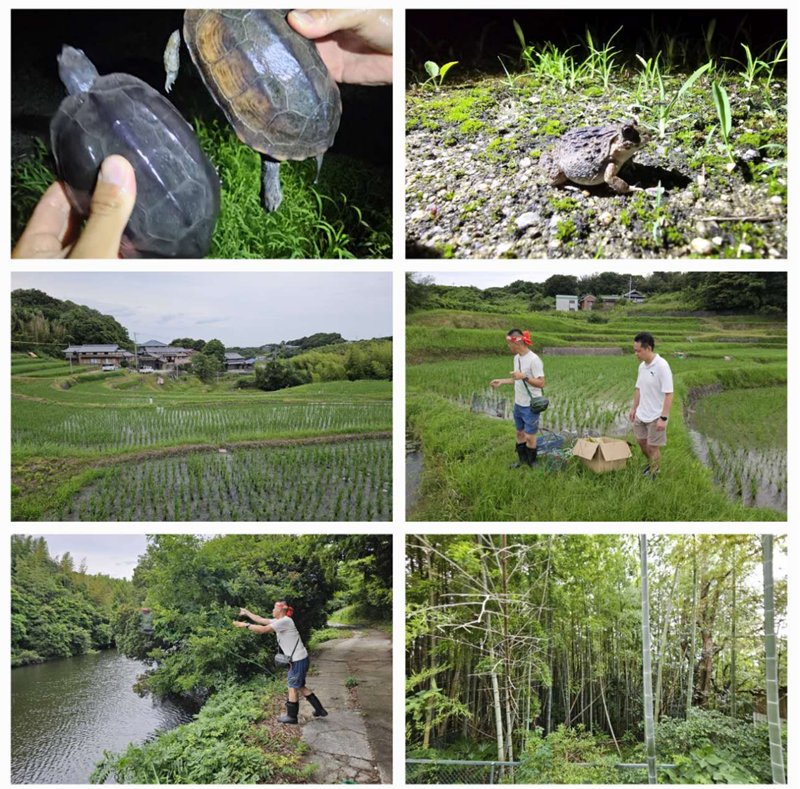The 10th World Congress of Herpetology in Kuching, Sarawak, Malaysia
It was a great pleasure to attend the 10th World Congress of Herpetology in Kuching this month. The congress was a great opportunity to catch up with herpetologists from across the planet, including many that I have known for many years as well as many many new faces.
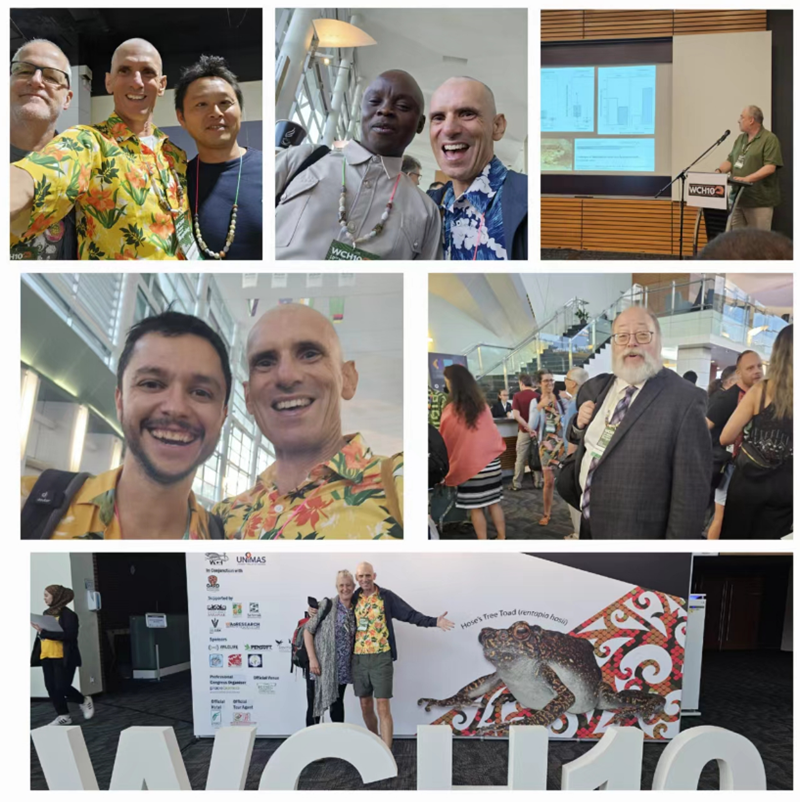
I presented my work on the gut microbiome of Xenopus laevis, and was pleased to see many former members of the MeaseyLab presenting their own work.
Burrowing in Snakes: a Comparative Study on the Performance and Mechanics of Snake Burrowing
Anthony Herrel, David J. Gower, James C. O’Reilly, Nathan J. Kley, Philippe Gaucher, Ilian Grima, John Measey and Marion Segall
Snakes are an incredibly diverse lineage of squamates that have radiated into a great diversity of habitats from a possibly fossorial ancestor. Fossoriality imposes strong constraints on obligatory head-first burrowers and this has been suggested to have impacted the morphological evolution of both head and cranial shape. The strength of constraints on head shape likely depend on the taxon and burrowing style but quantitative data on the forces exerted during burrowing or the kinematics of burrowing remain scarce. Preliminary data suggested that typhlopid snakes were capable of generating higher forces than other snakes for a given size and body diameter but taxon sampling was limited. Here, we present data on the three-dimensional burrowing forces for 26 species of snakes distributed across most major lineages. We further present the first X-ray data on the kinematics of locomotion through tunnels and soil for a subset of species including sand swimmers (Eryx) and true burrowers (Anilius, Xenopeltis, Cylindrophis, Homalopsis and Aspidelaps). Our data show significant differences in maximal resultant forces and force orientation in different species. Moreover, our kinematic data show that sand swimmers are unique in showing kinematics of subsurface locomotion similar to those observed in snakes swimming in water. Finally, we show that some snakes such as Anilius are capable of performing internal concertina locomotion documented previously only for caecilians. Overall our data shed new light on the diversity of burrowing performance and kinematics in snakes and help understand the evolution of this lifestyle and its constraints on form and function.
Does Plasticity or Genetic Adaptation Induce Variation in Thermal Sensitivity of an Invasive Frog (Xenopus laevis)? A Population Level Study, from Tadpoles to Adults
Laurie Araspin, John Measey and Anthony Herrel
Life history traits of organisms are modulated by the selective pressures of the environment, generating variation in phenotypes. This phenotypic diversity can be observed at the interspecific level but also at the intraspecific level in populations living in different environments. Temperature is a characteristic of an animal’s habitat and one of the dimensions of the ecological niche. It is a critical factor impacting all aspects of the biology of organisms, especially in ectotherms. Xenopus laevis is an aquatic frog that is invasive on four continents, with invasive populations inhabiting a diversity of environments. The objective of this study was to investigate the thermal adaptation ability of this species that is successfully established in dramatically different thermal environments. The use of thermal performance curves allowed to assess the relationship between temperature and locomotor performance and basal metabolic rate in individuals from two generations. Phenotypes from a F1 generation of the studied populations raised in a common garden environment were compared to the F0 phenotypes. This allowed to understand whether the observed differences among populations
are plastic or genetically based. This study demonstrated that populations exhibit a different thermal dependence of their performance, and that genetic and plastic processes are involved in the thermal adaptation, highlighted by a significant genotype by environment interaction. Variation in performance depending on temperature provides an insight into how this invasive species can survive and cope with different thermal environments, especially in the context of climate change.
Of Toads and Toxins: Shrinking Toxin Glands but Stable Toxin Composition Indicate Directions and Constraints of Adaptation in Invasive Populations of an African Toad
Max Mühlenhaupt, Cláudia Baider, James Baxter-Gilbert, André J. de Villiers, Nhlanhla S. Dludla, F. B. Vincent Florens, Buyisile G. Makhubo, Xavier Porcel, Julia L. Riley, Willem A. L. van Otterlo and John Measey
Many amphibian species use chemical defenses to avoid predation, yet, how these defenses vary between populations, or change as populations colonize novel habitats is not well understood. The Guttural Toad (Sclerophrys gutturalis) has established three invasive populations, located in Mauritius, Réunion, and Cape Town. All of these populations originated from a clade located at the port city of Durban in eastern South Africa, providing an excellent study system to examine how biological invasions drive phenotypic change. To investigate how toad chemical defenses may have shifted along their invasion path, we compared the relative size of the parotoid glands (as a correlate of toxin quantity) and the composition of the toxic secretions that exude from these glands (as an indicator of toxin potency) between native and invasive populations. While the two oldest invasive populations, Mauritius and Réunion, showed pronounced convergent decreases in gland size, the toxin composition remained stable between all populations. These results indicate that the invasive populations of this chemically defended toad may have experienced reduced predation pressure in their novel habitats, which resulted in reduced selection pressure for defense. Furthermore, within the native populations, gland size may also be a more variable trait than toxin composition. Integrating both quantitative as well as qualitative information will help us better understand the evolution of chemical defenses in animals and could aid in predicting if and how chemically defended invasive species colonize novel environments.
Home and Away: The Core Gut Microbiome of Xenopus laevis is Modified by its Environment
Measey, J., Ren, Q., Guille, M., Almojil, D., Araspin, L., Wagener, C., Boissinot, S., Watts, J. and Robson, S.
The vertebrate gut microbiome is a community largely composed of bacterial, fungal and viral components, whose molecular component equal that of the host. The influence of the microbiome is known to be significant both on an individual basis, and also on population scales in a wide range of host organisms. The gut microbiome is known to be involved with key attributes of animal health, including assimilation of nutrients, immuno-defensive functions and host behavior. In this study, we used bacterial 16S rRNA amplicon-based sequencing for metataxonomic classification of the gut microbiome of individuals from eight populations of Xenopus laevis. These populations were selected to represent an altitudinal gradient in the native range of the host species (0 to 3,000 m asl). From the 16S rRNA community profiles, we determine the components of the core microbiome of X. laevis , and ask whether deviations from the core are associated with the environmental context in which they live. In addition, we sampled four European invasive populations and a laboratory population from the European Xenopus Resource Centre (EXRC) in the UK, to determine what aspects of the core microbiome are retained by non-native populations. This represents the first time that the microbiome of X. laevis has been assessed across such diverse conditions, and provides data that will help understand the role played by the environment and inform monitoring of health within this model organism.
ROUNDTABLE "TAKING THE INVASIVE TOAD TOOLKIT GLOBAL"
John Measey, Georgia Ward-Fear & Angelica Crottini
Invasive toads are a global problem, and yet many solutions and mitigations are available –
particularly as a result of a large investment into cane toad invasions in Australia. But how
much of the “invasive toad toolkit” can be exported to other invasions? This round-table event
is aimed at stakeholders with an interest in toads and toad invasions to precise what parts of
the toad toolkit can be used in toad invasions worldwide.
